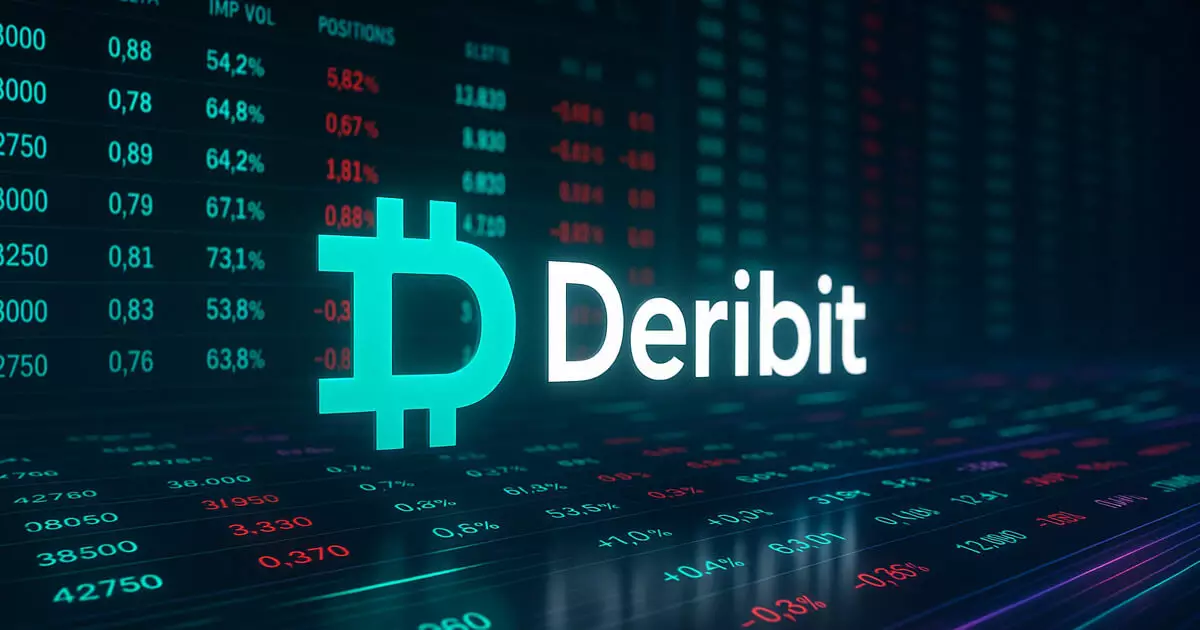The cryptocurrency landscape is constantly evolving, and Coinbase’s recent decision to acquire Deribit for an astonishing $2.9 billion signifies a monumental shift that could reshape the industry. This acquisition stands as Coinbase’s most ambitious endeavor to date, underscoring its commitment to dominating the crypto derivatives market. Deribit, known for its substantial trading volume and user-friendly platform, has established itself as a heavyweight player in crypto derivatives, processing an impressive $1.2 trillion in total volume last year alone. This deal not only reflects the financial heft of Coinbase but also marks a critical juncture in the broader narrative of cryptocurrency regulation and market acceptance.
The Power of Integration
One of the most compelling aspects of this acquisition is the potential for seamless integration of products and services. Coinbase’s ambition to unify its offerings under one trusted brand is not merely a marketing strategy; it’s a calculated move to build a more robust and comprehensive trading ecosystem. By bringing spot, futures, and options trading into a single platform, Coinbase could significantly enhance user experience, making it easier for investors to navigate the increasingly complex world of crypto assets. This could very well provide Coinbase with a leg up against competitors who are still trying to figure out their positioning in the derivatives space.
Regulatory Landscape and Its Impact
Underpinning this acquisition is a fragile but evolving regulatory landscape in the United States. With renewed hopes for a friendlier regulatory environment emanating from Washington, Coinbase seems positioned to take advantage of any forthcoming clarity in crypto regulations. This acquisition holds profound implications not only for Coinbase’s market strategy but also for how other players in the industry will respond in a potentially more supportive regulatory climate. The fact that Deribit holds a full license from the Virtual Assets Regulatory Authority (VARA) adds a layer of complexity; the regulatory approval process to transfer this license represents both a hurdle and an opportunity for Coinbase to solidify its compliance credentials.
A Shift Towards Institutional Investors
Another pivotal point to consider is how Coinbase’s acquisition of Deribit aligns with its strategy to appeal to institutional investors. Deribit’s established reputation among sophisticated traders positions it as a gateway for Coinbase to tap into this lucrative market segment. The lure of institutional investment could invigorate the crypto space, bringing in capital that fuels innovation and technological advancement. In a time when many crypto firms are struggling with compliance and public perception, Coinbase is betting on a future where institutional trust could be a cornerstone of its business model.
This dynamic exchange of power in the crypto derivatives landscape reflects a broader trend of consolidation in a maturing market. As Coinbase and Deribit prepare to embark on this new chapter together, the implications will resonate throughout the industry, serving as both a warning and a beacon for other players in the crypto space. The focus is on liquidity, regulatory compliance, and product integration, which will establish a fortified position for Coinbase in an increasingly competitive arena.














